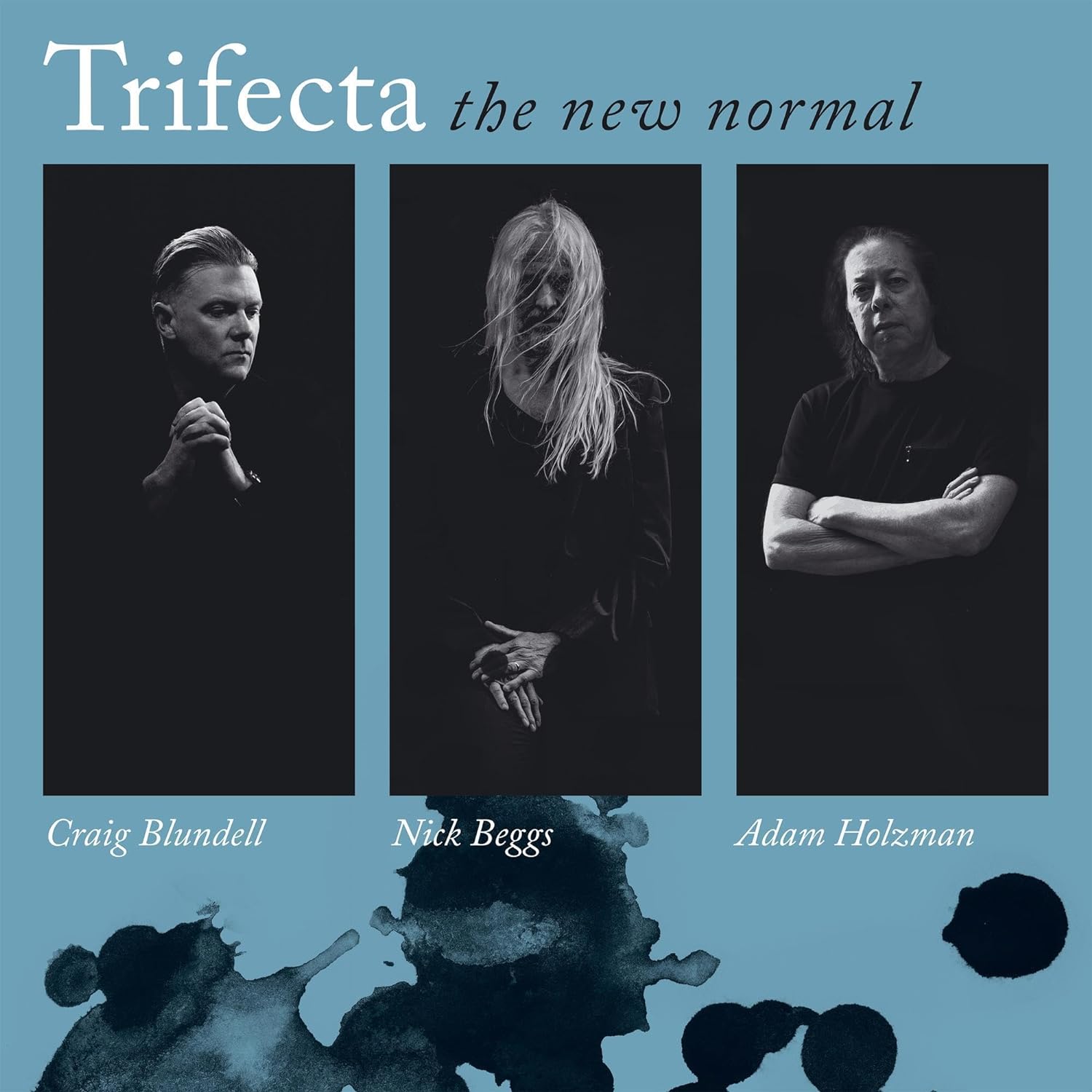Not being of a spiritual persuasion myself, I’ve always tried to take an objective view of music that puts forth a spiritual line, but the reality is that I always find myself more wary of pro-Christian music than virulently anti-Christian music. I’m never quite sure why that is and the only conclusion I can come to is that, for years, the media has put forth a convincing (albeit partially erroneous) case that the devil has all the best tunes. The reality is that good music is good music no matter the perspective from which it originates and, providing that the point of view being put forth is not actively racist or promoting the harm of another then I’ll always try to cover it as honestly as I can. Even so I have struggled with the world of faith music. I find it difficult to get past the lyrical content (perhaps it’s harder to take all the ‘hail Satan!’ stuff seriously, whereas Christian rock so often appears over earnest) and ‘Gregorian Rock 2’, with its bible-referencing lyrics is no exception – no matter how open-minded I endeavour to be, they are, for me, a touch too much and I would, therefore, imagine that they’d similarly be a bridge too far for many other readers here. Matters are not helped by the fact that Roland Dale Benedict subjects all of his lyrics to the same processed approach that supposedly sounds like a Gregorian choir but, in reality, sounds like a man singing into a vocal processing unit. I don’t say this lightly, or to be disparaging, although undoubtedly it will appear so; it’s simply that there are so many ways to record even one person doing multiple harmonies, that this method feels and sounds cheap and it lessens the music considerably.
As the name might suggest, ‘Gregorian rock’ is music steeped in spiritual tradition and classical music. The elements used here (Gregorian-style vocal passages, lyrics sung in Latin) are not dissimilar from elements incorporated into many of the more adventurous rock acts whilst the musical style predominantly on offer here is progressive, referencing Genesis, Yes and fellow-Christian artist Neal Morse. It’s an occasionally successful blend and opening track ‘deus lux’ showcases Roland Dale Benedict’s skill at weaving mystical synth lines and harmonies together whilst Pat Neil provides subtle, understated guitar. Opening in a blast of synth, the album takes a poppier turn with the heavily processed ‘love is standing near’, which features electronic percussion, Vocoder vocals and stabs of jazzy guitar. It is music, I fear, that will appeal to a niche few, the production veering a touch too far away from organic instrumentation with the result being a kind of elevator-prog, but for all that it has its beguiling elements, not least the swathes of fluid guitar and subtle melodies. ‘I call you friend’ is a slightly more solemn piece, albeit still awash with synth pads, and the guitar work here is sympathetic and wonderfully restrained. ‘Where did the time go’ has the sort of taut guitar runs and syncopated percussion that you’d expect of a Neal Morse album, although it is here that the overdone vocal fx really start to overwhelm the music and it’s a shame because it detracts from some decent instrumental work and it also detracts from any message that the lyrics might offer to the converted. It is, however, a common issue throughout the album and the distinction between genuine Gregorian chanting and synth-processed vocals becomes all too apparent as it progresses, making it a hard record to listen to in one sitting. Meanwhile, the music on the instrumental ‘reflection’ is a bizarre madrigal that sounds as if it’s been beamed in from a renaissance fair, not doing much to help the feeling that this really is an album for a select few.
The album does get back on track musically with the throbbing ‘O the deep’, which builds slowly to some nice guitar work. ‘The good guys win’, however, never recovers from its own wince-inducing title and, with its rather twee melody, it soon grates. Better is ‘the battle’ which, once again, features some interesting work from the assembled musicians and progressive fans may enjoy the heavily synth-led piece. Similarly ‘semper et in perpetuum’ represents Roland Dale Benedict at his best, allowing his band to build a dark, brooding soundscape behind him, but that omnipresent vocal effect remains front and centre, slowly draining the atmosphere the musicians have so painstakingly built up. The album ends with ‘as water reflects’ and it’s a reasonably atmospheric piece of music, albeit hampered by the same concerns found elsewhere.
I approached ‘Gregorian Rock 2’ with a sense of trepidation for the reasons outlaid in the introduction and yet I wanted to like the record because there are some excellent bands out there operating within the Christian sphere (not least Neal Morse), but sadly ‘Gregorian Rock 2’ just did not appeal to me. It would be easy, and cheap, at this point to adopt a comical tone and mock the album, but to do so would be unfair – there are some genuinely good moments here and the musicians all clearly have ability whilst the notion of Gregorian rock is not a bad one. The problem, however, lies in the execution. Processed vocals rarely sound good and when they do, it is only when used sparingly. Here, however, they are heaped over everything, drowning the soul and nuance out of Roland’s voice and forcing the lyrics down the listener’s throat when subtlety would be so much more rewarding. Undoubtedly there will be people who will enjoy this release, and perhaps it works better for those with faith, but I am unable to recommend this album on that basis alone.











Leave a Reply